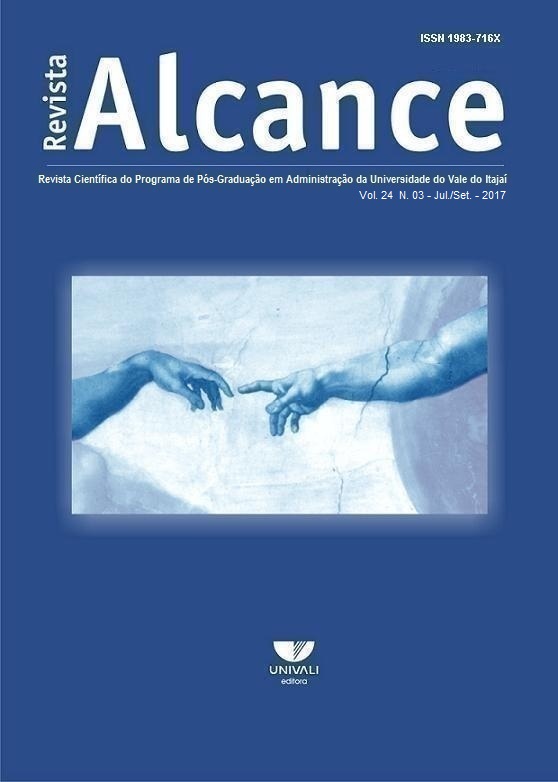NEW TEACHING METHODS? DISCOURSE OF THE COLLECTIVE SUBJECT OF A CLASS ON THE BUSINESS ADMINISTRATION COURSE
Published date: 17/11/2017

Recent technological changes, and a shift in the student’s profile, have led schools and teachers to rethink their strategies and teaching techniques. Several proposals have emerged, with emphasis on active teaching methodologies. However, it needs to be determined whether students effectively want, and feel comfortable with the new classroom dynamics. In this context, this paper investigates how students view active teaching methodologies. For this purpose, the individual testimonies of 52 students of a course in business administration were collected through a questionnaire with open questions. Analyzing the content, through the method of the discourse of the collective subject (DCS) and with the support of a qualitative analysis software program. The research concluded that caution is needed in the reformulation of teaching strategies, as drastic changes can hamper the learning process, and the heterogeneity of the classroom should be respected. DCS was chosen because it seeks to illuminate the social field researched, attempting to understand the thinking of a specific group of people, and to analyze the meaning of a certain context for this group. Through this means, the collective is reconstituted based on the opinions given in a set of first-person discourses. From the data collected, a classification of the student’s profile is proposed, based on two abstract dimensions taken from the individual discourses themselves.








